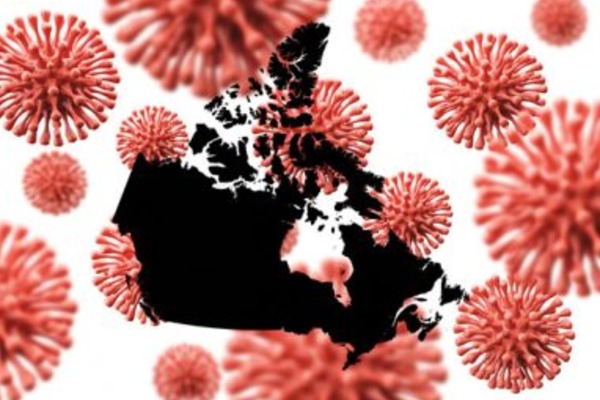CHHB Urges Government To Extend CEWS

A newly formed coalition representing people with a stake in this country’s ailing tourism trade is calling on Ottawa to extend the Canada Emergency Wage Subsidy well into next year, warning that if the federal government goes ahead with its planned phase-out of the subsidy, widespread travel industry bankruptcies could follow.
Ottawa plans to begin reducing the subsidy — which offers businesses struggling with a drop of 50% or more in revenue because of the coronavirus pandemic to have the federal government pay for 75% of their firms’ salaries — as of Sept. 26 and then eliminate it entirely in December.
The Coalition of Hardest Hit Businesses (CHHB) has launched a campaign calling on the federal government to extend CEWS until spring/summer of next year, saying the travel industry is particularly vulnerable to the fallout from the pandemic.
“In the COVID-19 pandemic, our businesses were the first shut down, and we will be the last to recover – in short, we are the hardest-hit businesses,” Tourism Industry Association of Canada president Charlotte Bell said during a Thursday webinar.
“Our sectors will bounce back when COVID is behind us, but this fall we face bankruptcy and unemployment for over 2 million Canadians working in our sectors,” Bell stated.
CEWS is a lifeline
The CEWS “lifeline” will begin winding down within 10 days, Bell noted, adding many businesses won’t be able to continue paying staff once it’s gone.
The gradual elimination of the program comes after the end of the summer, normally a hugely profitable season for this country’s tourism firms.
Keith Henry, president of the Indigenous Tourism Association of Canada, said a “large majority” of his association’s businesses are now suffering and warned that employees they may be forced to lay off can’t easily be replaced when things pick up.
Indigenous tourism firms actually enjoyed a banner year in 2019 and Canada is a “world leader” in Indigenous vacation experiences, he said.
“The fact is Canadians and international tourists will come back and expect authentic experiences,” he continued.
Martin Roy, executive-director of Major Events and Festivals Canada, said the pandemic has led to widespread cancellations in his sector and many won’t reappear until 2022 or later, leading to a loss of billions of dollars in economic activity.
“We’re in an emergency mode,” he warned during the webinar.
Susie Grynol, president of the Hotel Association of Canada, praised CEWS as an effective program, and said her association’s members would be hard-pressed to retrain new staff when things improve if coronavirus results in a “mass exodus” of hotel workers.
To learn more about the CHHB and to get involved, visit www.HardestHit.ca.


